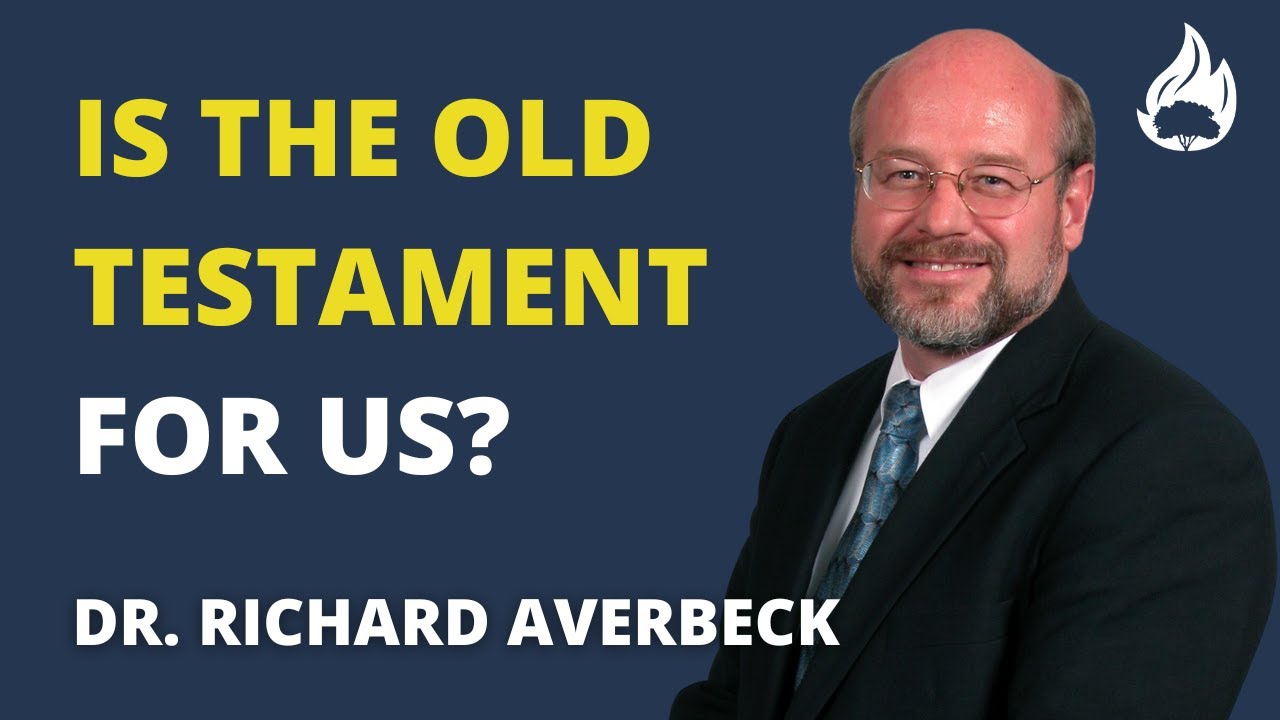Hi @belinda! I am so glad to notice that you still keep up with the posts on UP community! I have enjoyed our discussions in the past and its great to connect again.
I haven’t yet listened to Dr. Averbeck’s lecture you recommended but wanted to post some information I have seen after I posted my question on what Paul could have meant when he said the OT law was ordained by angels in Galatians 3.
The quotes below are by Dr. Thomas Schreiner from his online course on Galatians and your perspective seems to be along the same lines.
To say that angels were the intermediaries for the reception of the law does not suggest that God was absent when the law was given…
The passive participle “having been ordained” (διαταγείς) should be construed as a divine passive, indicating that the law was ordained by God.
The preposition “through” (διά) with the genitive indicates that the angels were a means through whom the law came, not ultimately responsible for the law.
The reference to the angels is in a subordinate clause, and hence they do not function as the subject.
In the clause that immediately follows the verb “promised” (ἐπήγγελται), God is clearly the implied subject.
The notion that angels were present when the law was given is unclear in the OT, but it may be present in Deut 33:2: “The Lord came from Sinai and dawned from Seir upon us; he shone forth from Mount Paran; he came from the ten thousands of holy ones, with flaming fire at his right hand” (ESV). A reference to angels is clearer in the LXX of this verse, which speaks of the “angels with him” (ἄγγελοι μετ̓ αὐτοῦ). Another text from which the same tradition may be derived is Ps 68:17. The notion that the law was mediated through angels may be found in Josephus (Ant. 15.136)[23] and in Philo (Dreams 1.140–44), and it seems clear in Pesiq. Rab. 21.8. Other Jewish traditions refer to a mediation through a single angel (Jub. 1:27; 2:1; 6:22; 30:11–12, 21; 50:6, 13). We find elsewhere in the NT the tradition of mediation through angels (Acts 7:53; Heb 2:2), and hence Paul does not innovate here .
The “mediator” (μεσίτου) in the verse is almost certainly Moses, for he functioned as the one who transmitted the law to Israel. The presence of a mediator suggests the inferiority of the revelation or the weakness of the people. The reference to Moses’ hands alludes to the Ten Commandments, which Moses brought down from the mountain with his own hands (cf. Exod 32:15, 19; 34:4, 29). So, Paul emphasizes that the law was given to Moses through angels, and Moses in turn mediated the law to the people .
My initial reading of Gal 3:19 made me wonder if Paul is saying that the OT law was inferior because it was given not by God but by angels. I think I can put that thought to rest by Schreiner’s explanation above. So why did Paul bring up the whole argument of OT law being ordained by angels? Below is how Schreiner explains.
The main idea of the verse seems clear in context. On the one hand, the law is inferior to the promise because it required mediation: from God to angels to Moses to the people. On the other hand, the one God spoke directly to Abraham. Hence, the promise is clearly superior to the law. The indirect way that the law came to Israel suggests that it should not be placed on the same plane as the promise.
So Paul seems to be making the case that the promise to Abraham that came before the law, directly from God, and got fulfilled in Christ, should be esteemed higher than the Mosaic law that came indirectly from God via angels.
The questions I had about how to interpret the OT law if it applies to us now is a very large topic with many views but I hope with a little bit of discussion, I can make some progress in my understanding.
